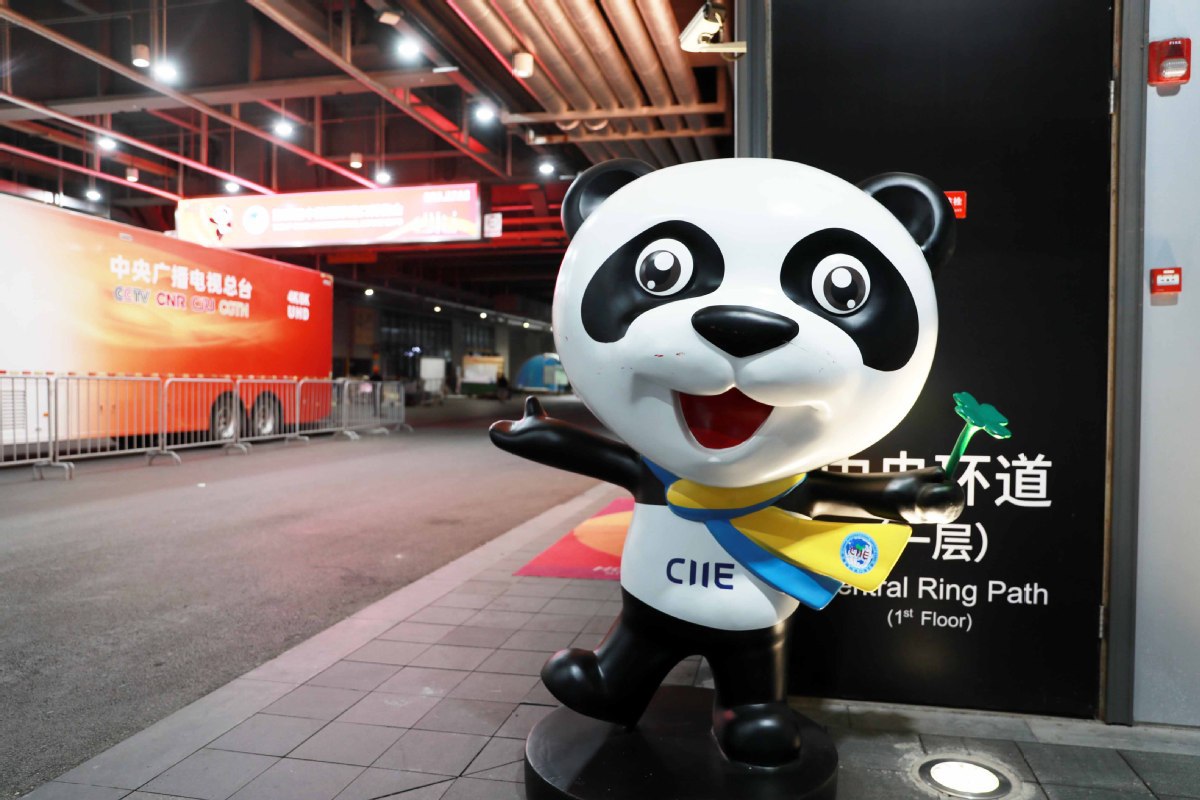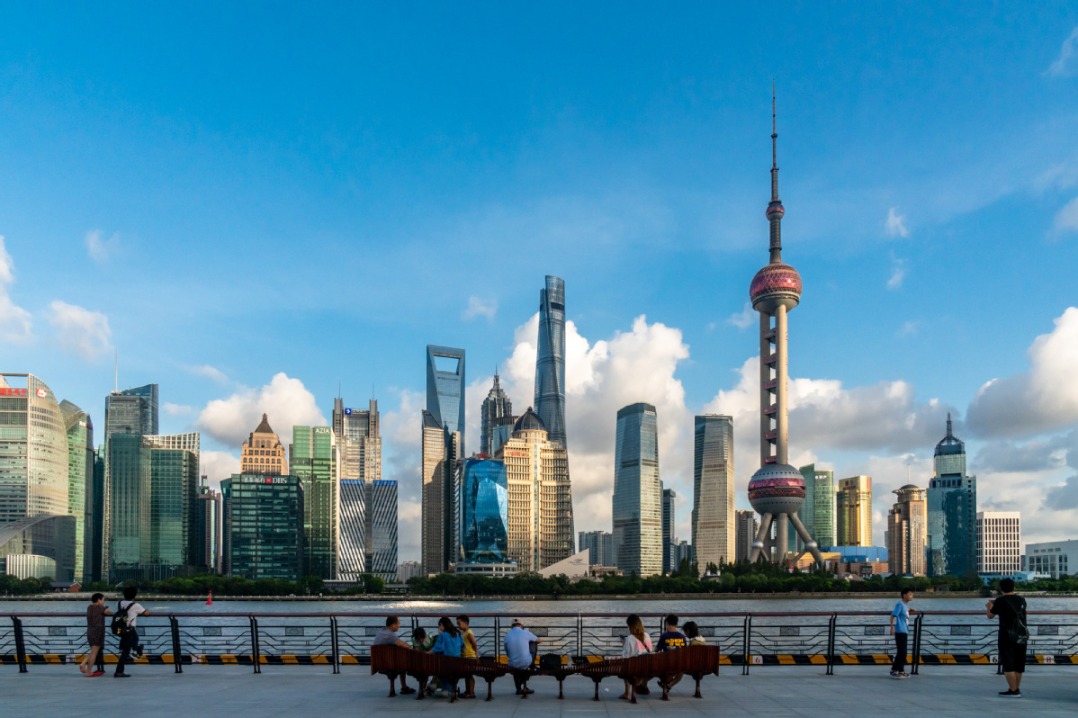CIIE shows China's commitment to globalization


It was exciting to have been in Shanghai for the first China International Import Expo (CIIE) in November 2018. The initiative had been announced at the 2017 Belt and Road Forum for International Cooperation. It launched under the motto "New Era, Shared Future" at a time when President Trump's "America First Policy" was threatening the benefits of globalization. The CIIE was such a success that it was then established as an annual event. The second edition in 2019 saw even larger attendance at this trade show, but also the establishment of an ongoing shopping pavilion nearby in Shanghai's Hongqiao area, where many foreign exhibitors set up shops to supply their imports to the public.
The fourth edition is underway from Nov 5 to 10, and it is timely as it both demonstrates China's strong economic growth to the benefit of the global economy and the country's continuing commitment to multilateralism. President Xi, in addressing the opening ceremony online, encapsulated the goals with an inspirational saying: "Let the breeze of openness bring warmth to the world". Indeed the world has been facing the chill of the economic downturn and fretting about the disruptions to supply chains that the global pandemic has brought.
This is not the time to turn away from the lasting benefits that globalization offers. The ability to source products on a global basis has made a major ongoing contribution to the low consumer price inflation in developed economies and many of these products have been supplied by China. Recently, consumers in Western economies have seen how supply shortages have led to inflation and tested the resilience of global supply chains. This should be a wake-up call on the need to restore open economic exchanges and build back better supply chains for the future rather than look inward for solutions.
China has played a big part, showing that its economic growth creates many opportunities to sell into China, facilitated by an ever-shortening negative list of restricted areas. President Xi highlighted key elements: the contribution of the Hainan Free Trade Port, the further development of pilot free trade zones, China's participation in the Regional Comprehensive Economic Partnership (RCEP) and the expansion of foreign investment including the finalizing of the China-EU Comprehensive Agreement on Investment. These are concrete examples of China's commitment in both words and deeds.
There has been a steady decline in the World Openness Index over the last 10 years and in the global consensus on opening-up. World Bank reports show that trade as a percentage of world GDP was just over 60 percent in 2011 and had declined to a bit over 56 percent by 2019 and to around 52 percent by 2020. This trend was underway before the pandemic but has accelerated since then. Undoubtedly, the growth of protectionism has contributed to this decline.
China's own direction reflects the opposite in the 20 years since it joined the World Trade Organization (WTO). In 2001, China was the sixth largest economy and has grown to become the second largest. It was also then sixth in trade in goods and is now first, and has also jumped from 11th to second in trade in services. Remarkably, China's outbound investment has risen from 26th to first in that time. These indicators show the value of win-win cooperation rather than the zero sum approach of some Western nations.
The WTO needs to reform in an era where the developing world demands strong representation. President Xi confirmed China's support for the inclusive development of the multilateral trading regime that reflects the legitimate rights and interests of the developing members within an international rules-based setting. Of equal importance is how President Xi pledged to help safeguard the stability of global industrial supply chains. This is a major issue as the world advances technologically while we see shortages of microchips, concerns over energy stability and logjams of cargo at ports.
For a country to support multilateralism, it needs to engage with many partners in well-functioning associations and organizations. China is committed to taking an active part in cooperation within the UN, the WTO, the G20, APEC, the Shanghai Cooperation Organization and other institutions. This includes important issues of global reach such as the digital economy, distribution and trade in vaccines, and key medical supplies and measures to tackle climate change with green and low-carbon development. These are very clear examples of challenges which require global cooperation to solve. China has clearly stated its commitment to a multilateral world for common prosperity.
Colin Speakman is an economist and an international educator specializing in China.
The opinions expressed here are those of the writer and do not necessarily represent the views of China Daily and China Daily website.
If you have a specific expertise, or would like to share your thought about our stories, then send us your writings at [email protected], and [email protected].


































